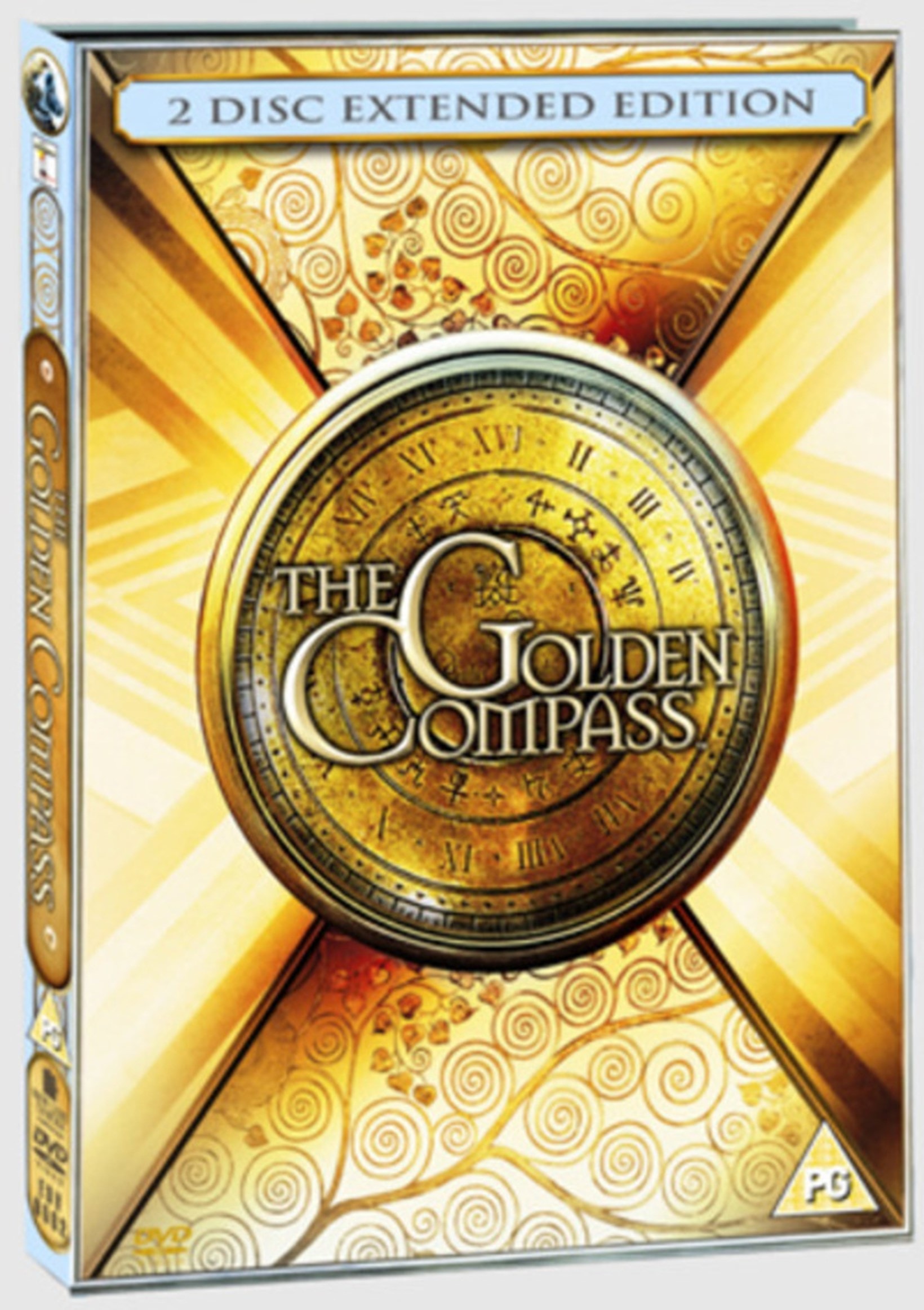
Lyra’s world is dominated by a powerful theocracy, known in the movie solely as “the Magisterium” but referred to as “the Church” quite often in Pullman’s books.

Though Pullman has claimed (especially around the movie’s release) that His Dark Materials is not a specific critique of the Catholic Church, it’s hard to think otherwise. There were other indications that New Line wanted the movie to be something it wasn’t. Christopher Lee is also in the movie for some reason, playing a vaguely Saruman-like church bureaucrat, for all of like five minutes. But it’s hard to take McKellen seriously as a noble warrior when everyone already associates his voice with the wise wizard Gandalf. McKellen was actually recast in the role by New Line against Chris Weitz’s wishes (the director had originally cast British theater actor Nonso Anozie), and you see the studio straining for The Golden Compass to be another The Lord of the Rings. Worse than that, Ian McKellen is a strange fit for the armored polar bear Iorek Byrnison. Casting Sam Elliott as Lee Scoresby is a little too on-the-nose, taking the Texan aeronaut so far into the banalest Texas stereotypes that he never feels like a real character. But after that, things start to fall off. Dakota Blue Richards made her debut in the film as protagonist (and daughter of Asriel and Coulter) Lyra Belacqua, and capably captures Lyra’s imaginative wit. Coulter, and the witch queen Serafina Pekkala. Daniel Craig, Nicole Kidman, and Eva Green seem like the literal living embodiments of the Arctic explorer Lord Asriel, the enigmatic manipulator Mrs. On paper, the cast seems almost perfectly suited to their roles.


 0 kommentar(er)
0 kommentar(er)
